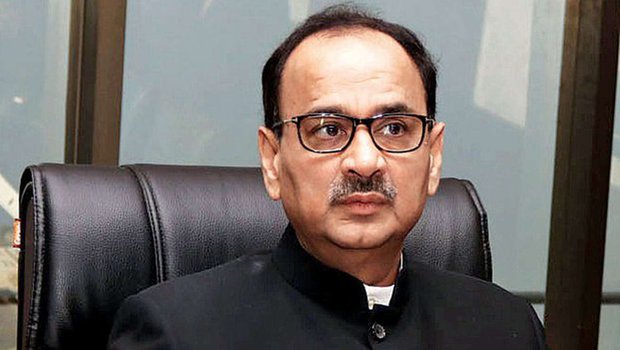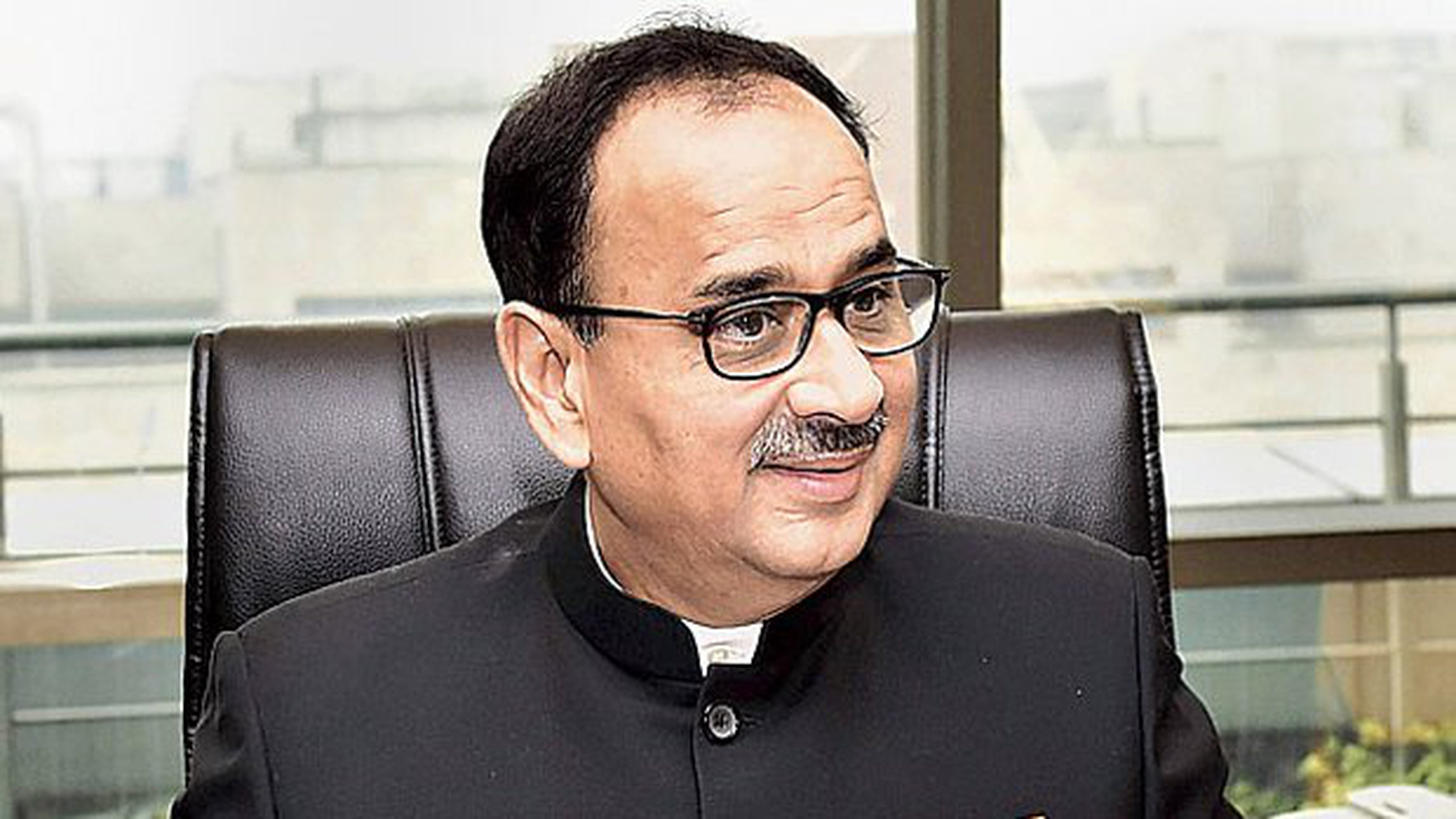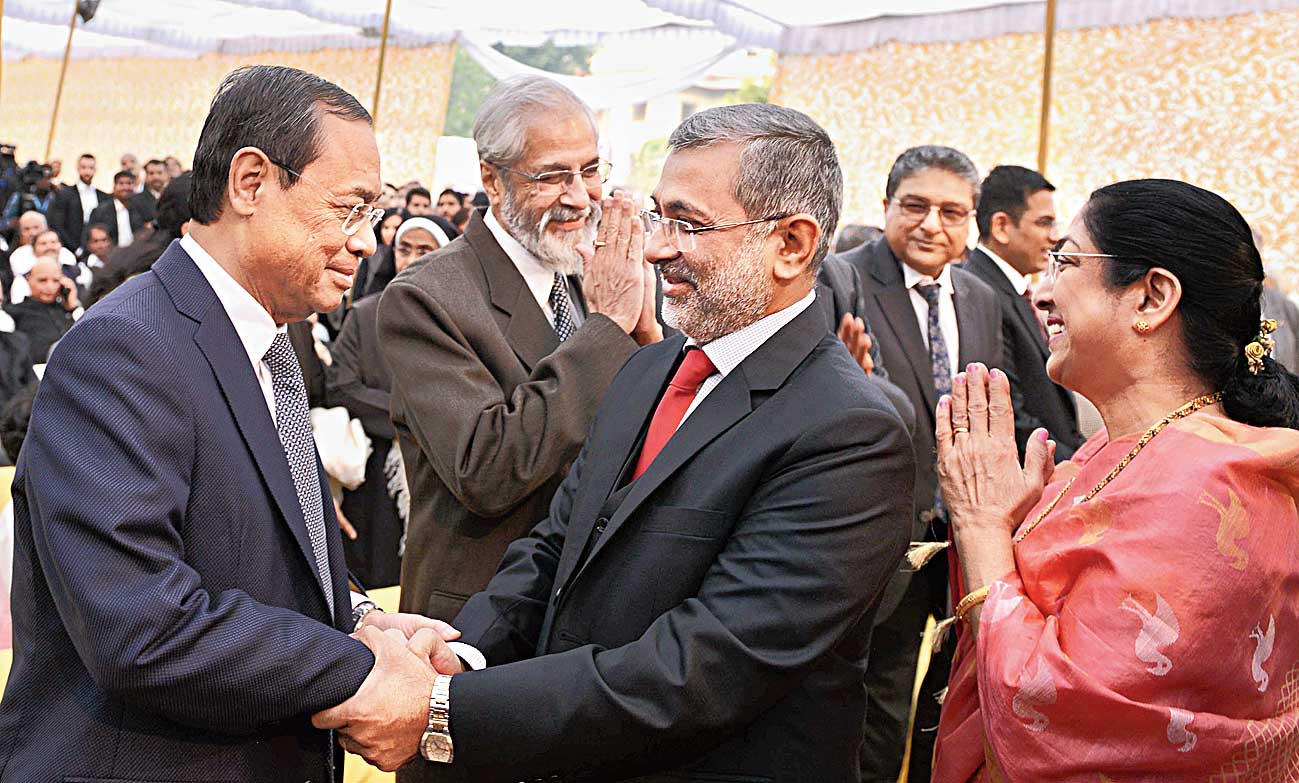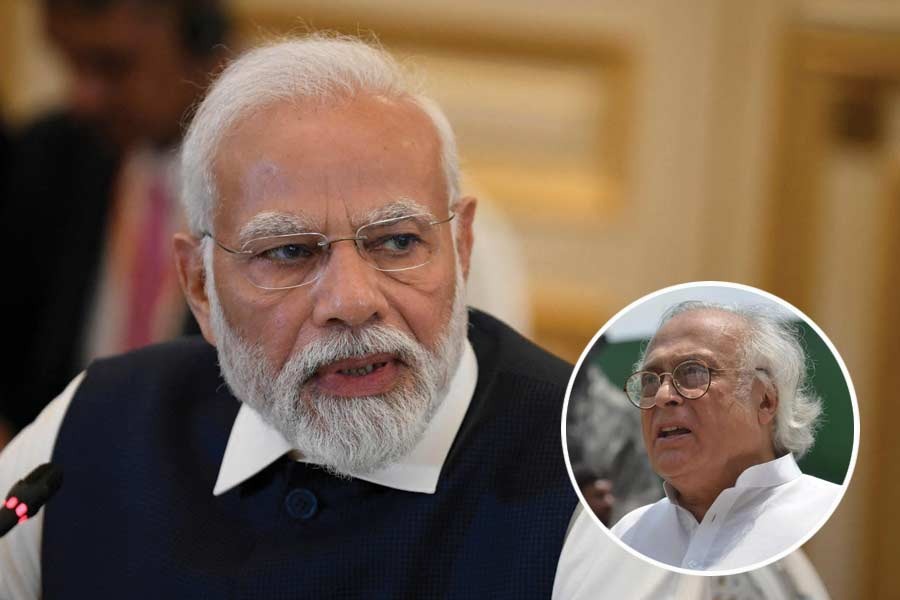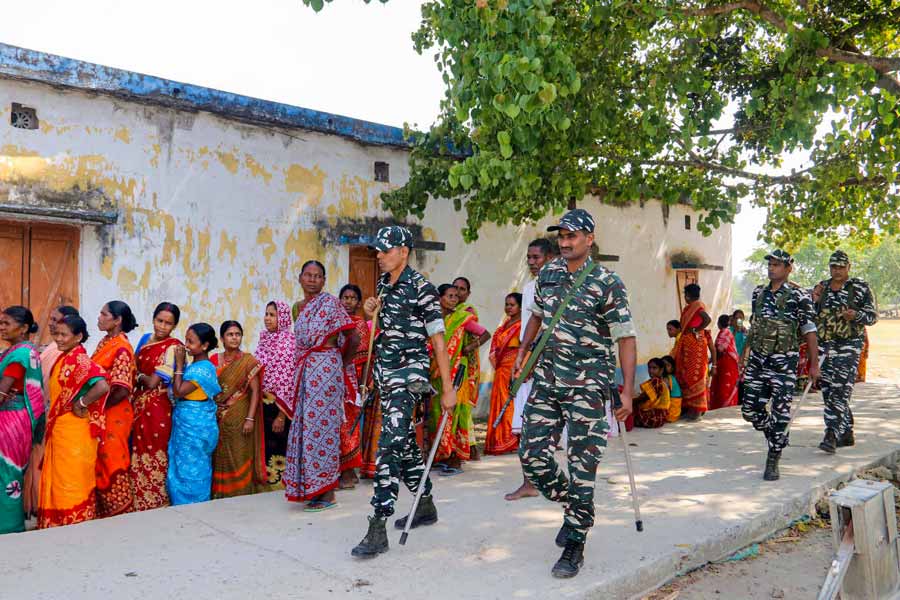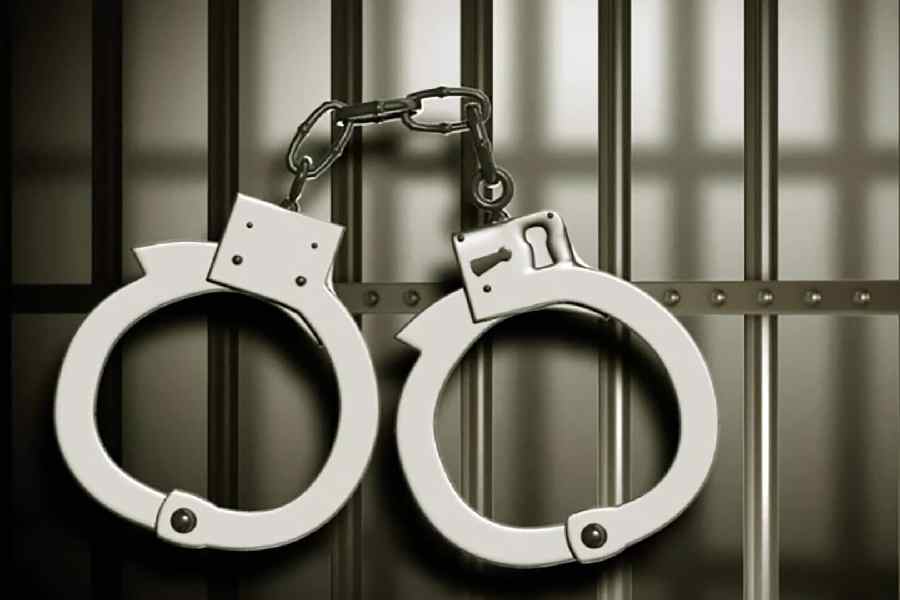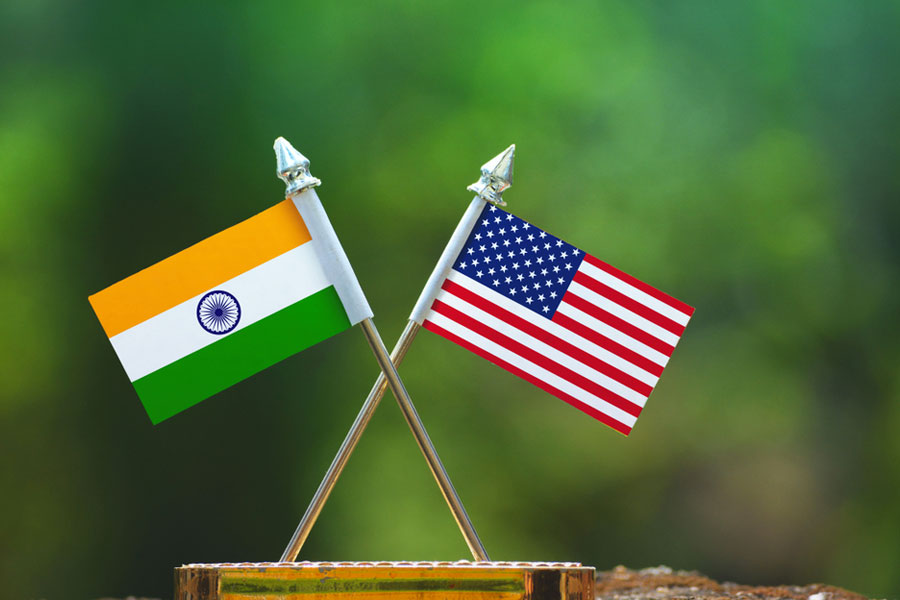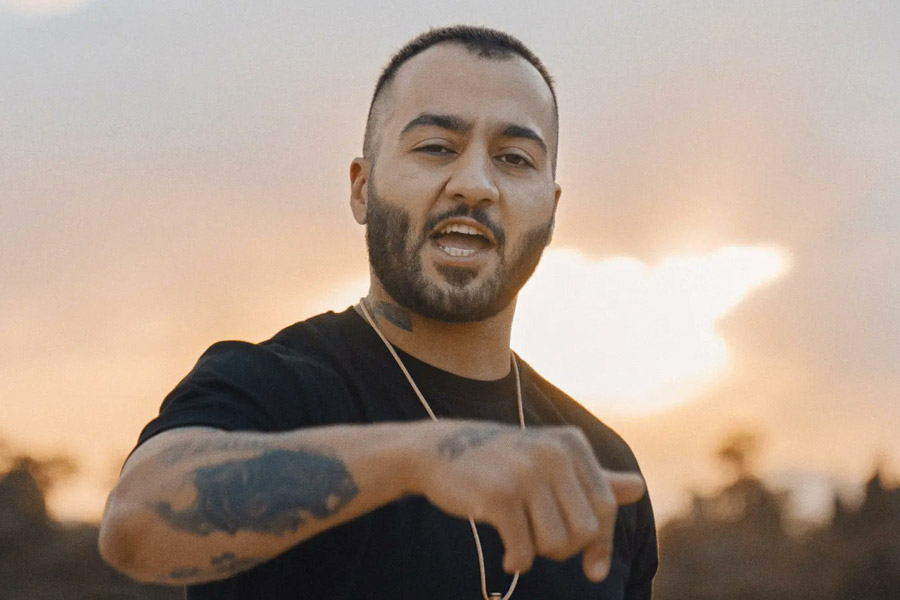The Supreme Court on Thursday questioned the Central Vigilance Commission’s hurry in benching CBI chief Alok Verma, who was abruptly divested of his powers in a midnight decision without consultations with the high-powered selection committee that had appointed him.
Chief Justice Ranjan Gogoi sought to know the reason for the “emergency decision” of October 23, highlighting that the public feud between Verma and his deputy Rakesh Asthana — the government’s stated reason for benching both — had been going on since July.
“This is not something that has happened overnight to require an emergency decision, as the circumstances were occurring since July and were culminating for a long time,” the Chief Justice told solicitor-general Tushar Mehta, appearing for the CVC.
“If you had tolerated (it) since July, then what was the reason for the immediate action suddenly, without which the institution would have crumbled?”
He added: “The essence of every government action should be in the best interests of the institution.
“Supposing there are two courses of action, one that is acceptable and the other which is more acceptable — then follow the latter.”
Justice Gogoi made these observations while referring to an earlier submission by Verma’s counsel, senior advocate Fali Nariman, that the CVC and the Centre should have approached the selection committee before divesting the CBI chief of his powers. The Centre says it only implemented the decision of the CVC, which oversees the functioning of the CBI.
The members of the selection committee are the Prime Minister, the Chief Justice and the leader of the Opposition or that of the largest Opposition party, which in this instance was Congress MP Mallikarjun Kharge.
The bench of Justices Gogoi, Sanjay Kishan Kaul and K.M. Joseph are dealing with two petitions, one from Verma and the other from the NGO Common Cause, challenging the legality of the move by the CVC and the Centre.
The apex court has said it would rule on the validity of this government-CVC move first before deciding whether to go into the CVC’s probe report on the corruption charges against Verma, brought by Asthana.
After Thursday’s hearing, the apex court reserved its judgment, which is expected to be pronounced before December 15, when the apex court goes into a short Christmas vacation.
Mehta agreed that the friction between Verma and Asthana had unfolded in public since July but argued that the CVC was forced to take the “extraordinary remedy” to meet an “extraordinary situation”.
Else, he said, the corruption watchdog --- answerable to the President, Parliament and the top court --- would have been branded a “mute spectator” and a “toothless tiger” and been accused of “dereliction of duty”.
“The power of superintendence includes dealing with surprise situations and extraordinary situations which require extraordinary remedies. Two senior officers are investigating each other. Two different teams are carrying raids against each other,” Mehta said.
He argued that if, for instance, the CBI chief was caught on camera taking a bribe, the government would be entitled to suspend him without having to approach the selection committee for approval.
Senior advocate Dushayant Dave, appearing for Common Cause, said that a conjoint reading of the CVC Act and the Delhi Special Police Establishment (DSPE) Act, which governs the CBI, suggests that the watchdog lacks the power to discipline the CBI chief.
“The government becomes functus officio (ceases to have any power) after the appointment of the CBI director,” Dave said, arguing that only the selection committee can act against the CBI chief.
Attorney-general K.K. Venugopal had earlier voiced the opposite argument, saying that once the selection committee had recommended three candidates for the CBI chief’s post, the panel became functus officio, leaving the Centre in charge.
Justice Gogoi asked whether “the DSPE provisions supersede every other law, making the director virtually untouchable”, to which Dave said it did.
Senior advocate Kapil Sibal, appearing for Kharge, said Section 4(2) of the DSPE Act did not grant the Centre or the CVC the power to act against the CBI chief.
“Otherwise it will be giving unbridled powers to the central government to effectively nullify the Vineet Narain judgment,” Sibal said.
In the 1997 judgment, the apex court had tried to insulate the CBI chief from external pressure by mandating he would have a fixed tenure of two years.

